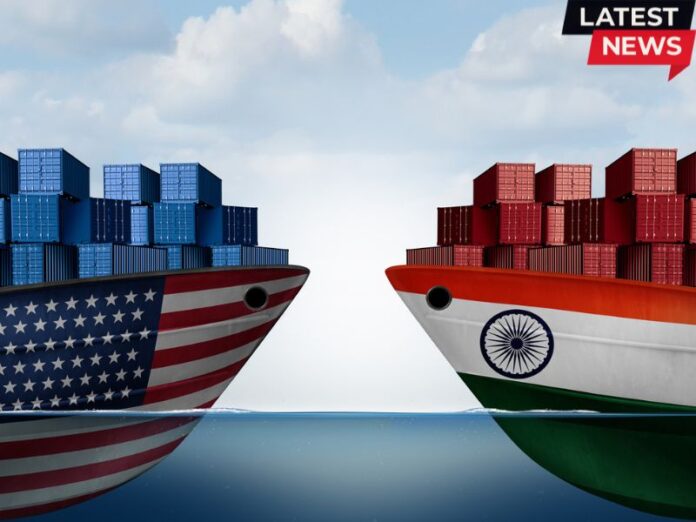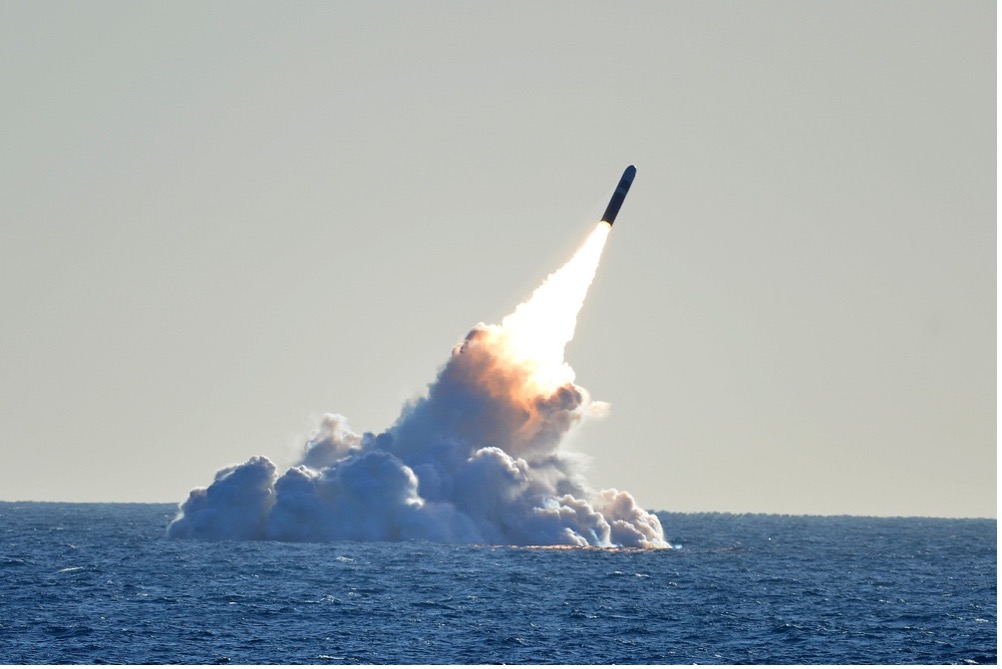
India and Pakistan have backed away from the edge of war after a fragile ceasefire brokered with quiet U.S. influence, but questions are mounting over whether New Delhi’s global aspirations could be compromised by Washington’s growing involvement in the Kashmir dispute.
The recent flare-up between the nuclear-armed neighbors left at least 66 people dead and saw an exchange of missiles, drones, and air strikes. With President Donald Trump stepping in to offer mediation, analysts say India’s position on Kashmir and its broader foreign policy are now under the microscope.
The United States’ role in easing tensions comes as India seeks to maintain its image as a rising global power and a reliable regional stabilizer. Its swift response to the crisis, including missile strikes deep into Pakistani territory, demonstrated Prime Minister Narendra Modi’s willingness to escalate. Yet the rapid de-escalation under American pressure has triggered domestic and diplomatic unease.
“India is unlikely to embrace the kind of comprehensive talks that the ceasefire hints at,” said Michael Kugelman, a South Asia expert based in Washington. He warned that maintaining the truce would be difficult, pointing out that both countries accused each other of serious violations just hours after the agreement was announced.
Trump, in comments following the ceasefire, said he planned to expand trade with both nations, calling India and Pakistan “great partners.” However, his public remarks about mediation struck a nerve in New Delhi, where leaders have long rejected third-party involvement in the Kashmir issue.
India has consistently maintained that Kashmir is a domestic matter. It accuses Pakistan of fueling a separatist insurgency in the region, a charge Islamabad denies. The two countries, which split at independence in 1947, have fought multiple conflicts over the region.
Defence analyst Brahma Chellaney criticized the government’s decision to stand down so quickly, arguing it shifted the international focus to the Kashmir dispute rather than on what India claims was Pakistan-backed terrorism.
Opposition leaders in India have also expressed concern. The Congress Party demanded clarification on why a ceasefire announcement came from Washington and whether India had opened the door to foreign mediation. “Have we invited third-party intervention?” asked party spokesperson Jairam Ramesh.
Meanwhile, Pakistan has welcomed U.S. involvement. Trump’s proposal and Secretary of State Marco Rubio’s announcement that both countries would begin broader talks at a neutral venue have been met with open support in Islamabad.
Former Pakistani foreign minister Bilawal Bhutto Zardari suggested Pakistan would not have agreed to the ceasefire without American assurances of future negotiations. Moeed Yusuf, Pakistan’s former National Security Advisor, said real progress would require a broader framework. “Until the root causes are addressed, we will continue to cycle through crises,” he warned.
The next flashpoint could be the Indus Waters Treaty, which India suspended last month. The agreement governs crucial water resources that Pakistan depends on for agriculture and electricity. Islamabad has indicated it will push for the treaty’s restoration in any future dialogue.
With fighting halted but tensions unresolved, the uneasy calm leaves India at a crossroads. Modi’s government must now walk a delicate line between asserting sovereignty and avoiding international isolation, especially as Trump pushes for a greater U.S. role in resolving South Asia’s most dangerous rivalry.
Related Readings:



#IndiaPakistan #Ceasefire